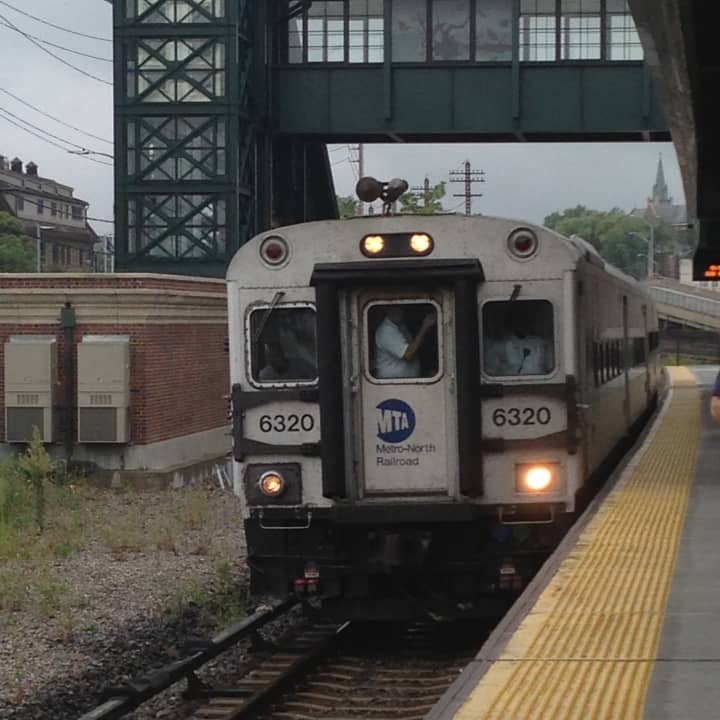DeLauro, Himes and Esty joined U.S. Rep. Sean Patrick Maloney of New York in announcing new legislation that would affect Metro-North rail service.
"Metro-North has been plagued by preventable safety issues, which caused incidents such as December's crash in the Bronx and last May's employee death in West Haven," the group said in a press release.
“Our national rail safety standards badly need an update,” said DeLauro, Himes Esty and Maloney in a joint statement, according to the release. “Crashes and deaths should not be on people’s minds when they get on a train, yet that is what our constituents have to live with. Fatigue in the railroad industry continues to be a significant factor in railroad accidents. Our common sense legislation would help move us in a safer direction.”
The legislation would attempt the following three steps, according to the release:
- Require the Federal Railroad Administration to require railroads to implement a railroad safety risk reduction program. This was required by the Rail Safety Improvement Act of 2008.
- Repeal the grandfathering of “alerters,” the safety system that sounds an alarm when an engineer remains idle while the train is in motion. Metro-North is one of the only railroad systems that do not have “alerters” in their control cabs If Metro-North had “alerters,” the Bronx derailment and the death of worker Robert Luden in Connecticut would have been prevented.
- Require a timeline for implementing Positive Train Control, which prevents two trains traveling on a single track from colliding with one another. The National Transportation Safety Board has identified this as a way to prevent accidents caused by train operator or dispatcher error. NTSB suggested this back in 1969 and implementation is required to be finished by Dec. 31, 2015.
Click here to follow Daily Voice New Canaan and receive free news updates.


